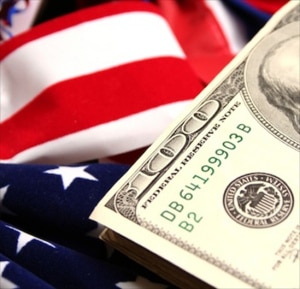The term “white-collar criminal” was initially coined in the 1930s, referring to someone who was committing financially related crimes in the workplace (hence the “white collar”). Today, white-collar crime generally refers to non-violent, fraudulent crimes of a financial nature, where money is obtained or stolen through deceptive means (as opposed to other more aggressive forms of robbery or theft). White-collar crime is not necessarily limited to the work place or marketplace, but due to the nature of it, white-collar criminals are quite often business or government professionals.
TYPES OF WHITE-COLLAR CRIMES
White-collar crime can take many forms, but it generally boils down to fraud and scams of some nature. (The FBI essentially refers to white-collar crimes as “lying, cheating and stealing.”) We can loosely classify these scams into certain groups, including, but not limited to:
- Scams against the government:
basically any scheme that manipulates government institutions to bleed off taxpayer dollars. Examples include tax evasion, income tax fraud, food stamp fraud and welfare fraud.
- Scams in the financial sector: schemes that manipulate financial systems. Examples: insider trading, Ponzi schemes, identity theft, etc.
- Scams to cover other crimes: these include bribery and money laundering, among others.
- Scams involving other corporate and business entities. Examples include embezzlement, insurance fraud and mortgage fraud.
- Scams against individuals: any scam designed to deceive unsuspecting people out of their money. Examples might include timeshare fraud, telemarketing fraud, frauds targeting senior citizens, etc.
Obviously, white-collar criminals don’t always have to be business or government professionals.(Anyone can commit tax evasion or defraud the government, for example, and anyone can be a con artist.) However, the most costly white-collar crimes usually happen in the professional and business sectors where millions of dollars are at stake. Despite many claims to the contrary, white-collar crimes are not “victimless” crimes. Investors can lose their fortunes, businesses can fold (costing innocent people their jobs), insurance rates can go up for everyone…the list goes on.
White-collar crime can sometimes be difficult to detect because it often involves complicated transactions that are hard to trace. However, it is usually prosecuted at the federal rather than the state level—which means if you are a white-collar criminal and you get caught, your chances of conviction are very high, accompanied by stiff penalties such as prison time and hefty fines.
If you’ve been accused of a white-collar crime, it’s important to have a skilled attorney who specializes in federal criminal law and can represent your interests effectively. Contact the Federal Criminal Law Center today at 404.633.3797.


 basically any scheme that manipulates government institutions to bleed off taxpayer dollars. Examples include tax evasion, income tax fraud, food stamp fraud and welfare fraud.
basically any scheme that manipulates government institutions to bleed off taxpayer dollars. Examples include tax evasion, income tax fraud, food stamp fraud and welfare fraud.